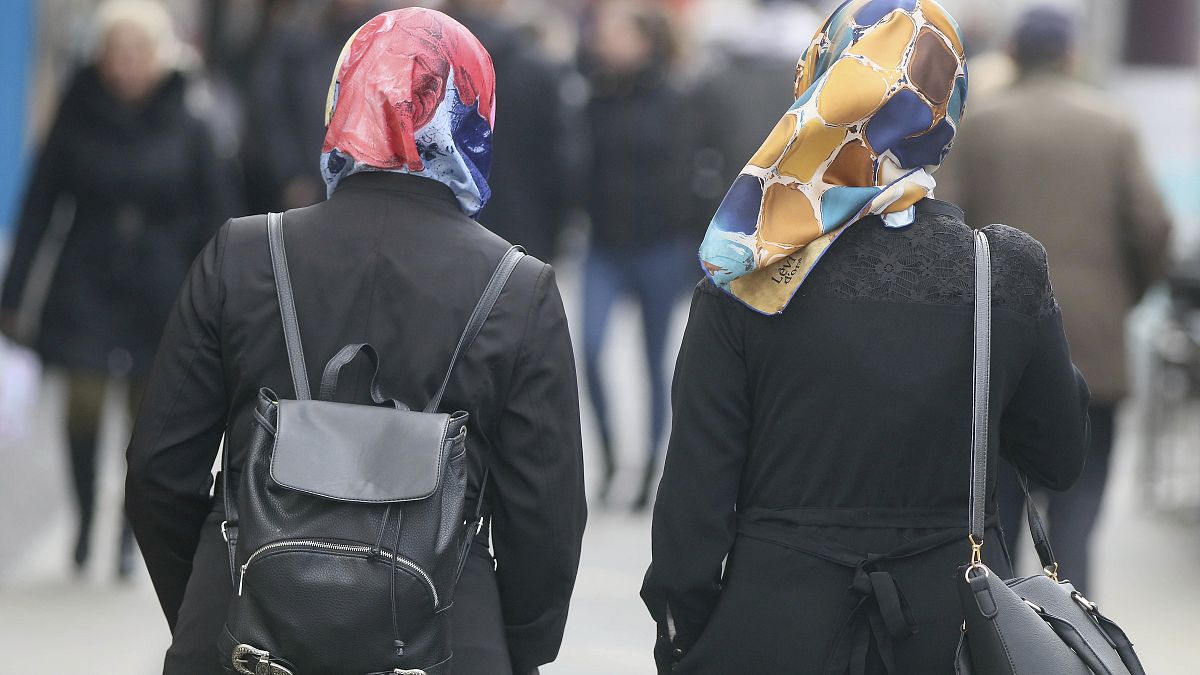- Joined
- Jul 10, 2017
- Messages
- 185
- Reaction score
- 65
- Gender
- Male
- Political Leaning
- Centrist
So, if a person were a devout worshiper of Baal, it would be "unconstitutional" to prevent them from conducting services in which infants were "thrown into the fiery furnace" - right?
And, if a person were a devout Christian who believed that to "be fruitful and multiply" meant that they had the right to keep their wives (plural wives are sanctioned by "The Bible" constantly pregnant REGARDLESS of whether or not their wives wanted to engage in sexual intercourse when their husband wanted to [which means that that devout Christian had the right to compel their wives to have sex with them by force]), to charge the husband with "rape" would be "unconstitutional" - right?
And if a duly appointed official of the Roman Catholic Church believed that their religion not only gave them the right, but actually required them, to use torture in order to "convince the sinners to confess their sins and the heretics their heresy" it would be "unconstitutional" to prohibit them doing just that - right?
I was very clear in my post religious freedom only applies when you aren't hurting someone. So obviously people's rights not to be killed, raped, or tortured supersede someone's else's right to practice a brutal religion. But I'm actually fine with polygamy and polyamory as long as it doesn't involve a minor. Women choosing to wear burqas isn't hurting anyone else.

